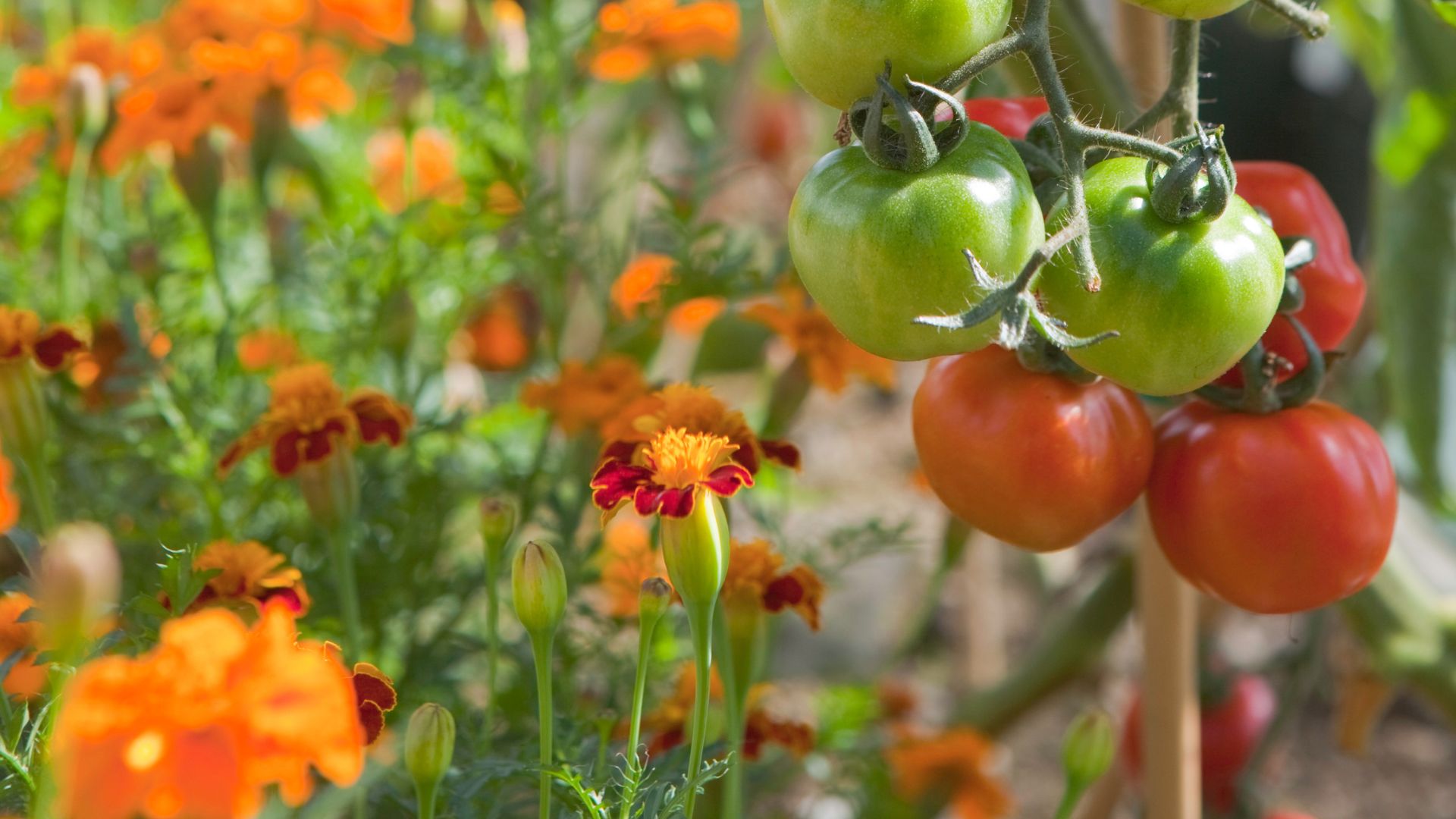Pest Control and Natural Predators
Marigolds and nasturtiums are not only eye-catching additions to your garden; they also serve as powerful allies in the fight against pests. Marigolds emit a scent that repels harmful insects like aphids and whiteflies, while nasturtiums attract predatory insects such as hoverflies and parasitic wasps, which prey on common garden pests. By interplanting these flowers with your vegetables or cash crops, you can create a natural barrier against destructive pests while fostering a thriving ecosystem of beneficial predators.
Soil Health and Nutrient Cycling
Legumes like beans and peas are renowned for their ability to fix nitrogen from the air and convert it into a form that plants can use. By planting legumes alongside nitrogen-hungry crops like corn or tomatoes, you can naturally replenish the soil with this essential nutrient, reducing the need for synthetic fertilizers. Additionally, dynamic accumulators such as comfrey and yarrow have deep root systems that mine nutrients from the soil and make them available to neighboring plants, promoting overall soil health and fertility.
Weed Suppression and Competition
Ground-cover plants like sweet alyssum and creeping thyme not only add beauty to your garden but also suppress weeds and prevent soil erosion. Their dense foliage shades the soil, making it difficult for weeds to take root, while their vigorous growth outcompetes unwanted plants for resources like sunlight and water. Meanwhile, allelopathic plants such as sunflowers and buckwheat release chemicals that inhibit the germination and growth of weeds, giving your crops a competitive edge in the battle for space and nutrients.
Biodiversity and Ecosystem Resilience
Diversity is the key to resilience in any ecosystem, and companion planting is a simple yet effective way to promote biodiversity on your farm. By incorporating a variety of flowering plants like lavender, borage, and calendula into your fields, you can attract a diverse array of pollinators, from bees to butterflies, ensuring the successful fertilization of your crops. Moreover, diverse plantings provide habitat and food sources for beneficial insects and other wildlife, creating a balanced ecosystem that can better withstand pest outbreaks, diseases, and environmental stressors.

Examples of Companion Plants
In addition to the examples mentioned above, consider experimenting with other companion plants such as:
Basil and Tomatoes
- Basil repels pests like aphids and tomato hornworms while enhancing the flavor of tomatoes.
- Plant basil around your tomato plants to deter pests and improve overall plant health.
Radishes and Spinach
- Radishes help deter leaf miners and other pests that target spinach while breaking up compacted soil with their deep roots.
- Interplant radishes with spinach to improve soil structure and reduce pest damage.
Dill and Cucumbers
- Dill attracts beneficial insects like predatory wasps and hoverflies, which prey on common cucumber pests like aphids and cucumber beetles.
- Grow dill near your cucumber plants to encourage natural pest control and increase cucumber yields.
Chives and Carrots
- Chives are known to deter pests such as aphids, carrot rust flies, and nematodes, thanks to their strong scent.
- Planting chives alongside carrots can help protect the carrots from pests while also enhancing their flavor.
- The compact nature of chive plants makes them ideal for interplanting with carrots, maximizing space and promoting healthier growth for both crops.
Lavender and Roses
- Lavender attracts pollinators like bees and butterflies while repelling pests like aphids and moths.
- Surround your rose bushes with lavender to enhance pollination, deter pests, and add fragrance to your garden.
Companion planting offers a holistic approach to farming that fosters resilience, diversity, and sustainability. By harnessing the power of plant partnerships, you can create ecosystems that are not only productive but also beautiful, biodiverse, and resilient to environmental challenges. So take this as your sign to start companion planting today—your crops, your soil, and your planet will thank you for it.

